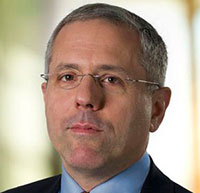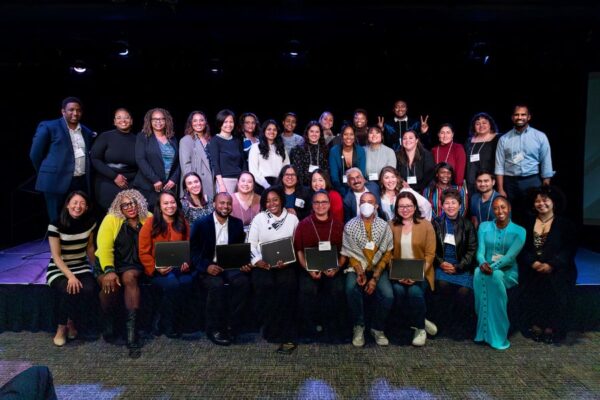Can our global city be home to more than high-income locals?
 Read on as David Wertheimer, Deputy Director, Pacific Northwest Initiative at the Bill & Melinda Gates Foundation shares his views on affordable housing.
Read on as David Wertheimer, Deputy Director, Pacific Northwest Initiative at the Bill & Melinda Gates Foundation shares his views on affordable housing.
[guest_author name=”David Wertheimer” blurb=”Read on as David Wertheimer, Deputy Director, Pacific Northwest Initiative at the Bill & Melinda Gates Foundation shares his views on affordable housing.” head_shot_url=”https://www.uwkc.org/wp-content/uploads/2015/07/David-Wertheimer.jpg”]
Over the last several months, I’ve had the honor of co-chairing Mayor Murray’s Seattle Housing Affordability & Livability Agenda (HALA) task force. As all of us see, Seattle is booming, and becoming headquarters to more and more globally-important companies and organizations. There’s a lot to like about prosperity, and it certainly beats the alternative. But there’s also a dark side: The barista who pulls our morning coffee, the childcare worker who looks after our kids all day, the dedicated people who clean our offices at night increasingly can’t afford to live here. They’re being squeezed into the distant suburbs—or being crowded into substandard conditions that feel more like the nineteenth than twenty-first century. At the extreme, people are becoming homeless—so much so that this year’s One Night Count was the biggest ever.
The HALA Task Force made 65 separate recommendations, and predictably those relating to neighborhood zoning and so-called commercial “linkage” fees have generated the most attention. So it’s important to also spotlight recommendations that—if acted on—can play a big part in making homelessness in our region rare and—if it happens—brief and one-time.
For example, we call for a doubling of the Seattle Housing Levy, expansion of the State Housing Trust Fund, and changes to the state’s Real Estate Excise Tax (REET). We recommend enforcement of laws and regulations that promote fair access to rental housing for people with criminal records. We advocate for tenant counseling and landlord education to decrease displacement from more affordable units. Perhaps most significantly, we encourage Seattle to leverage the opportunities inherent in the Affordable Care Act. Utilizing Medicaid benefits for mental health and other services provided to individuals and families who have left homelessness for permanent housing will increase housing stability while reducing costs in the health care system. This approach could free up other funds, (e.g., from the Department of Housing & Urban Development) for more housing stock.
Whether it is homelessness defined narrowly or affordable housing defined more broadly, there are no silver-bullet solutions. It’s going to take a combination of strategies and an honest willingness to work together across sectors, organizations and neighborhoods. For example, while our region has one of the nation’s most robust networks of non-profit affordable-housing developers, with a 10-year goal of 20,000 net-new affordable units, clearly private sector involvement will be critical. And across the city, people will need to think about accommodations and compromise that will let us retain what we love about our neighborhoods, while also ensuring that people who work in our city can also afford to live here.
Creating the Seattle that we all want to live in is not the responsibility of any one constituency or partner; it’s truly up to all of us.
In the months ahead I urge you to join the conversation and discuss and debate the ideas we’ve put forward. Let’s learn together and come to a consensus. And then let’s get down to work. The future of our city hangs in the balance.





Comments